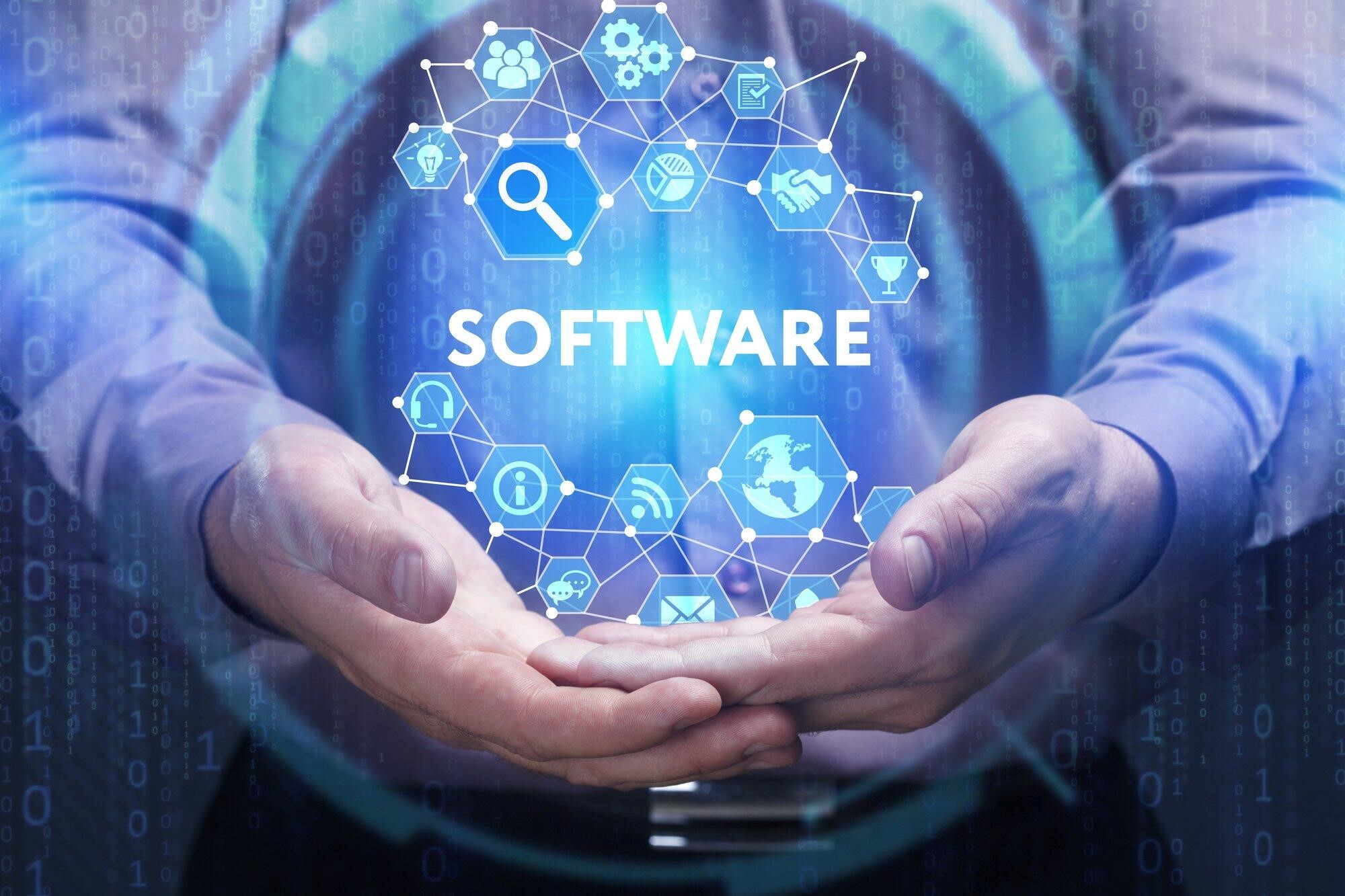Enterprise Resource Planning software (ERP) is a powerful tool that integrates core business processes and provides a holistic view of an organization’s operations. In today’s fast-paced business world, having an effective ERP system can be the difference between staying ahead of the competition and lagging. With the vast array of available options, selecting the right software for your company’s unique needs can be daunting. Below, we provide valuable insights to help you navigate this complex process and make an informed decision. Keep reading to discover how to choose the ERP software that best fits your organization’s requirements.
Understanding ERP Software and Its Impact on Business Operations

ERP software helps organizations streamline and automate essential business functions such as inventory, order management, accounting, and human resources. By centralizing data and processes, ERP systems offer enhanced visibility across departments. This leads to improved decision-making and greater operational efficiency.
One significant advantage of ERP systems is their ability to eliminate informational silos. These systems create a more unified and communicative work environment by fostering department collaboration. This integration also enhances customer service by improving response times and order accuracy.
Despite the benefits, selecting the wrong ERP system can introduce new challenges, such as increased costs and operational complexity. It is crucial to align the ERP solution with specific business needs and understand the strengths of different platforms. Some systems may be more suitable for financial management, while others may focus on supply chain optimization.
Integration with existing tools and workflows is another critical consideration for ERP success. A system that integrates seamlessly minimizes disruptions and eases the transition for employees. Additionally, user-friendly interfaces promote adoption and reduce resistance from staff used to older systems.
Evaluating the Scalability and Customization Options of ERP Systems

One key to a future-proof ERP system is its scalability. As businesses evolve, so do their operational needs. An ideal ERP solution should be able to adapt and scale accordingly without the need for a complete overhaul. It is essential to analyze how the system can grow with your business and whether it can handle increased transaction volumes or global expansion.
Customization is essential to ERP systems, allowing organizations to tailor features to their processes and workflows. Modifying reports, dashboards, and functionalities can improve efficiency and provide a more intuitive user experience. However, excessive customization can complicate future updates and increase maintenance costs, making it essential to find a balanced approach.
Equally important is the ERP system’s ability to integrate with other software used within the organization. Seamless integration ensures a cohesive IT environment and supports smoother data flow across platforms. The more flexible and compatible an ERP system is, the greater its long-term value and user adoption.
Consider whether the ERP offers both on-premise and cloud-based deployment options. Cloud-based ERP solutions provide accessibility from anywhere, typically with lower upfront costs and regular updates. On-premise ERP solutions, on the other hand, might offer more control over the infrastructure. Deciding which option is best will depend on your company’s size, industry, and compliance requirements.
Navigating the Vendor Selection Process for ERP Implementation
Due diligence is paramount in the vendor selection process. Begin by compiling a list of ERP vendors that meet your basic requirements and are reputed in the industry for their software and support services. Evaluating vendors involves thoroughly analyzing their software capabilities, track record in your specific industry, post-implementation support, and financial stability.
Engaging with vendors through demos and trials allows for a practical assessment of the ERP software’s performance in real-world scenarios. This is the stage where you can pose specific questions and case scenarios relevant to your operations. Involve end-users in this evaluation process to ensure their perspectives and potential challenges are addressed in the selection process.
A vendor’s responsiveness during the selection process can indicate the support you will receive post-purchase. Assess their willingness to understand your business, adapt to your needs, and offer helpful advice. After-sales support is critical to a successful ERP implementation, so the vendor’s customer service quality should weigh heavily in your decision-making.
Overall, choosing the right ERP software requires careful evaluation of your organization’s current needs, future growth, and the ability to integrate with existing systems. Businesses can implement a solution that enhances operational efficiency and supports long-term success by focusing on scalability, customization, and vendor reliability.











